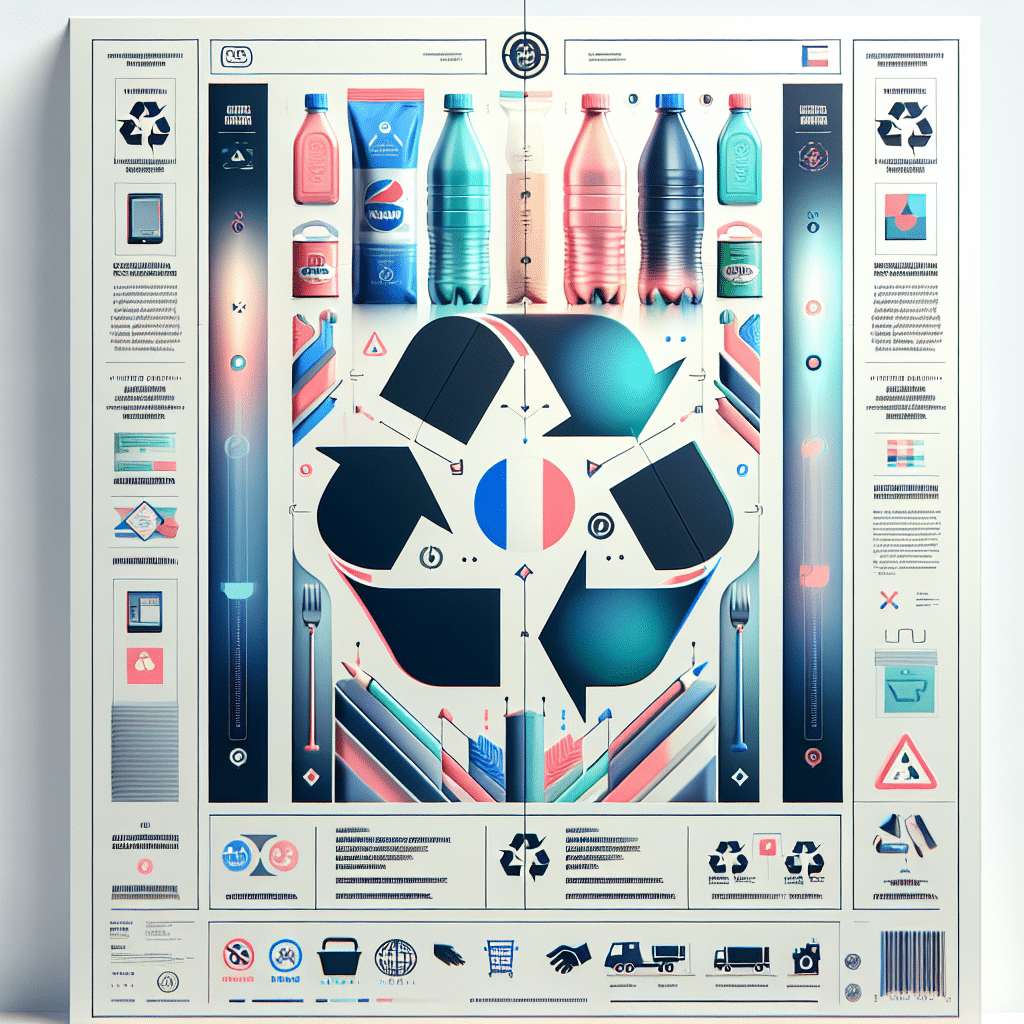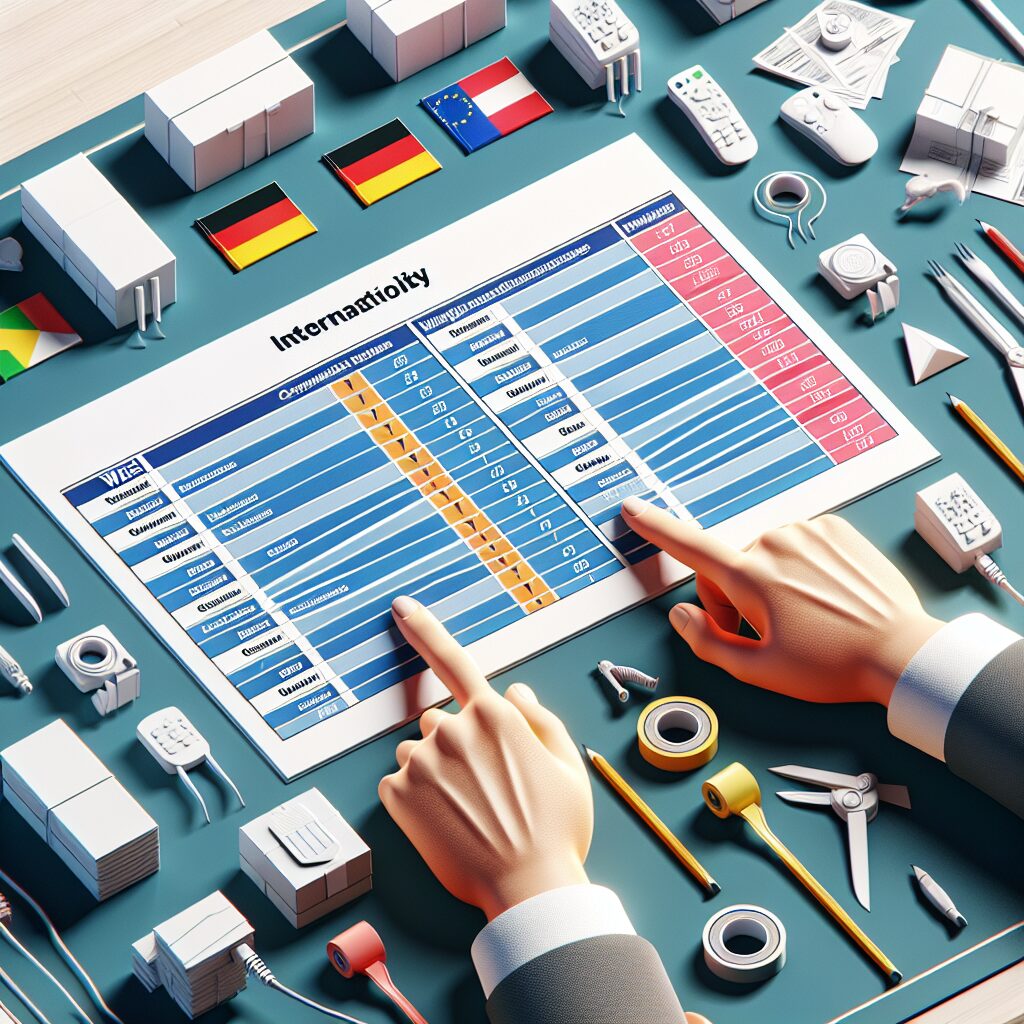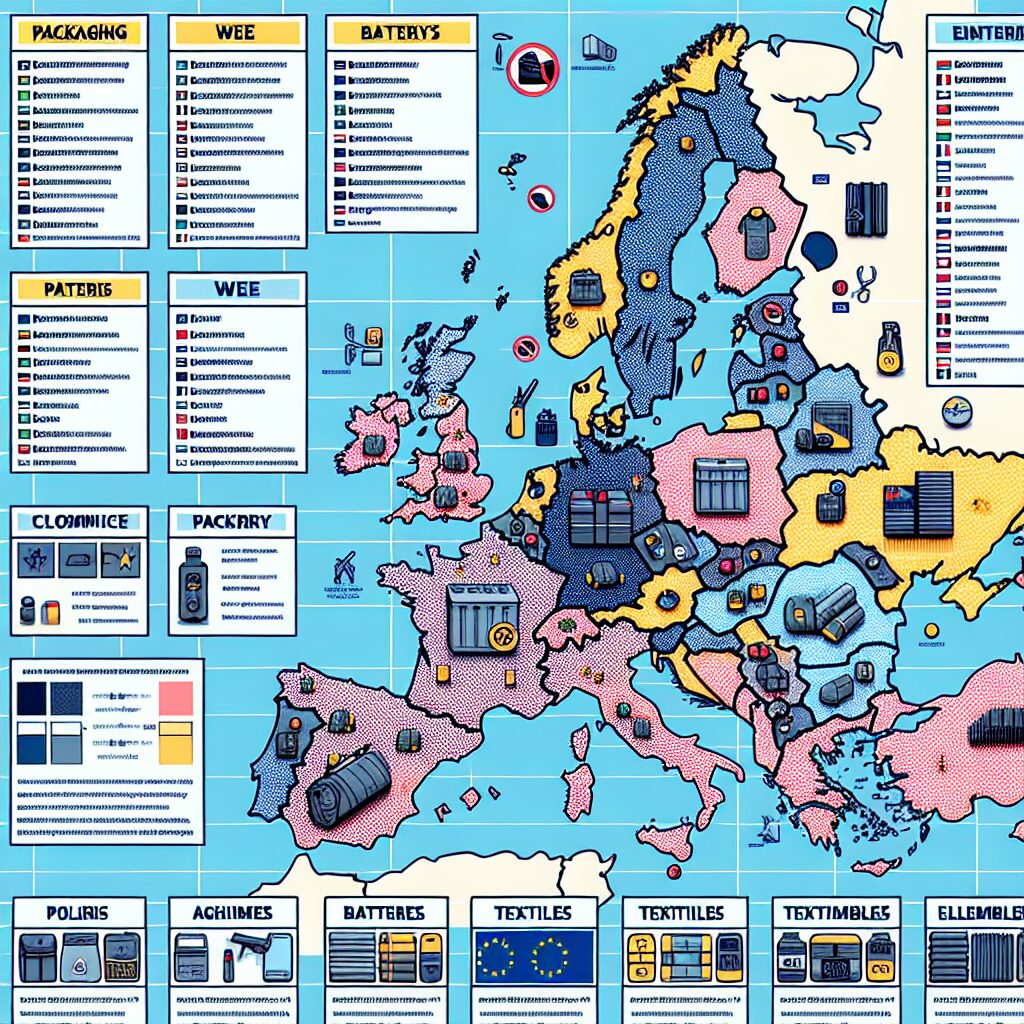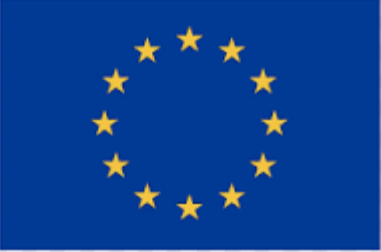About eldris
epr.eldris.ai leads the EPR sector, in fast, automated, AI Agent EU packaging, WEEE, and Battery Compliance for Brands, E-Commerce and Service based businesses expanding into the EU.
In This Article
- France EPR Compliance is mandatory for all producers and importers selling into the French market.
- The Triman logo and Info-Tri must appear on most household product packaging.
- Non-compliance may lead to stop-sell orders and financial penalties.
- Sellers must stay up-to-date with evolving eco-organisation guidance.
- Digital tools and regular audits are essential for best-in-class compliance performance.
Overview: What is France EPR Labeling?
Understanding National EPR Schemes
The concept of France EPR Compliance refers to Extended Producer Responsibility (EPR) regulations that require producers, importers, and brand owners operating in France to take responsibility for the post-consumer stage of their products. These regulations are part of a national strategy to reduce environmental impact from packaging and other waste streams. Under France EPR Compliance, companies must label their packaging in accordance with specific national guidelines, namely the Triman logo and Info-Tri signage. These labelling requirements are mandatory and were introduced to help consumers easily identify how to sort and recycle product packaging correctly. Non-compliance can lead to stiff penalties, including sales bans and fines.
The framework is governed by specific EPR Decrees under the French Environmental Code. Companies must register with the appropriate eco-organisation for every applicable product category they introduce to the French market. Moreover, they are required to submit annual declarations regarding the quantities placed on the market and pay related EPR fees. France’s approach is among the most stringent in the European Union, and businesses must proactively adapt to ensure operational continuity and brand trust. Learn more about EU Extended Producer Responsibility (EPR) Compliance

Triman Logo: Definition and Regulatory Purpose
Why Triman is Mandatory on Packaging
The Triman logo is a visual symbol introduced under France EPR Compliance to indicate that a product is subject to a system of waste sorting or take-back. Designed to be immediately recognisable, it informs the consumer that the packaging can be recycled and should not be discarded with general waste. Since 2015, the logo has been required on packaging in several product categories, but its scope significantly expanded with the anti-waste and circular economy law (AGEC Law). The objective is not just environmental—it is educational. The symbol aims to promote sustainable consumer behaviour through standardised identifiers.
Mandatory inclusion of the Triman logo applies to materials such as paper, cardboard, glass, metals, plastics, textiles, and electronic goods if they are subjected to a French EPR scheme. In most cases, the logo must be accompanied by the Info-Tri (sorting instructions) to provide clear contextual guidance.
Importantly, product packaging sold through online platforms or via distance selling is equally subject to this labelling requirement. E-retailers and cross-border sellers often overlook this, leading to mounting compliance failures. Inspection authorities under the French Ministry of Ecology have begun initiating audits to ensure companies meet all France EPR Compliance standards.
“The Triman logo isn’t just a label—it’s a shift towards sustainable consumer habits through smarter waste sorting.”
Info-Tri: What It Is & When It Applies
Info-Tri is a regulatory extension to the Triman system and is pivotal to France EPR Compliance. While the Triman logo is a broad symbol for recyclability, Info-Tri offers detailed recycling instructions for each packaging component. This was mandated under Decree No. 2021-835 published in June 2021, enforcing clearer consumer sorting habits.
Info-Tri graphics must describe the proper disposal method for components such as plastic films, cardboard boxes, and glass containers. Additionally, it should mention the colour-coded waste bins (e.g., “yellow bin” for recyclable plastics). The aim is increased precision—empowering consumers to sort without confusion.
The usage of Info-Tri is obligatory for household packaging placed on the French market since 1 January 2022. There was a transition period until 9 March 2023, after which all non-compliant products were officially at risk for stop-sale measures. Non-household (B2B) packaging is not always subject to this rule, but applying Info-Tri labels voluntarily in such contexts is considered best practice.
Label Placement & Format Rules
Under France EPR Compliance, labelling visibility and legibility are not optional—they’re statutory. The Triman logo and Info-Tri must be placed directly on the product or its packaging wherever feasible. This includes boxes, wrappers, or even instruction leaflets when space constraints exist. Digital-only markings or downloadable PDFs are not considered valid substitutes.
The minimum size of the Triman logo is 6mm. It must appear in either black or a contrasting colour ensuring clear readability. Info-Tri symbols and instructions must be proportionate and include consistent graphical elements according to guidelines provided by the respective eco-organisations, such as CITEO.
Labels must be permanent and unalterable under normal use conditions. Sticky labels that can peel off or dissolve are disallowed unless proven to have long-term adhesion. In cases of multilingual packaging, French must always be present, though additional languages may be included. For multi-component packaging (e.g., outer box, foiled inner pouch, instruction leaflet), each item must be evaluated separately for marking requirements.
Which Product Categories Require These Labels?
France EPR Compliance rules apply to multiple product categories, each governed by a corresponding eco-organisation. Main categories include:
- Household packaging: Includes food, beverages, beauty, and cleaning products. Governed by CITEO.
- Textiles and footwear: Managed by Refashion. Labels are mandatory for retail packaging.
- Electrical and electronic equipment (EEE): Managed by Ecosystem and Ecologic. Applies to both product and packaging.
- Batteries and accumulators: Regulated separately but still require Triman and disposal info under applicable thresholds.
- Sporting goods, toys, and DIY materials: Governed by Ecomaison and Ecomobilier, depending on item type.
Each product stream has nuanced labelling and reporting requirements. Sellers should consult their assigned eco-organisation for category-specific Info-Tri guides and Triman design assets. Failing to do so might lead to incorrect labelling, thus violating France EPR Compliance regulations.
EPR Obligations for Online Sellers and Distributors
Online commerce has grown rapidly, but with it comes the challenge of cross-border regulatory accountability. France imposes EPR obligations on any company, regardless of physical presence, that targets French consumers. Whether you are a dropshipper, fulfilment-centre-based seller, or multinational, if your products end up in French households, you are legally bound to comply.
Marketplace platforms like Amazon and eBay have started enforcing mandatory EPR registration IDs from sellers. Failure to provide these results in account penalties or suspension. Sellers must obtain a Unique Identification Number (UIN) upon registration with the respective eco-organisation and submit this to both the marketplace and French authorities.
In addition to product labelling, online sellers are required to publish sorting instructions on their websites. This includes digital representations of the Triman and Info-Tri symbols visible on product detail pages. The information must be updated regularly to reflect regulatory changes. Read a related article
How to Avoid Stop-Sell Orders in France
The French DGCCRF (Directorate for Competition Policy, Consumer Affairs and Fraud Control) enforces compliance through random market inspections. Products found to be non-compliant are subject to stop-sell orders. Under such actions, you must immediately withdraw your goods from the market and fix the errors before resale.
To prevent this, implement a risk-based labelling review protocol involving compliance experts. Run quarterly audits covering all actively sold SKUs to validate correct EPR labelling. Automating compliance checks through labelling software integrated with your product information management systems is strongly advised.
Another risk mitigation measure is using on-pack QR codes linking to the correct Info-Tri display online. While this does not replace the requirement for physical marking, it can provide supporting compliance documentation in case of disputes. comprehensive review of Triman labeling requirements
Most Common Mistakes and How to Fix Them
Failure to comply with France EPR Compliance requirements often stems from misunderstanding the scope of regulations. Below are the top five errors and their corrections:
- Using outdated Triman logos: Replace all versions before 2021 with the current official standard.
- Missing Info-Tri details: Confirm with your product’s eco-organisation to obtain and apply the correct instructions.
- No French language on packaging: Ensure all sorting instructions are present in French, even for multilingual packaging.
- Digital-only labelling: Labels must be physically printed on products or packaging—not limited to online access.
- Incorrect product categorisation: Consult legal experts or eco-organisations to accurately classify your products for the correct labelling scheme.
Conduct a complete compliance pilot test on at least 5% of your products before a national-level rollout, and routinely update your labelling matrix every six months.
Labeling Tools and Compliance Resources
Numerous tools and third-party services can assist in maintaining complete France EPR Compliance. Recommended approaches include:
- Using online compliance portals like CITEO’s Info-Tri generator for label creation
- Accessing digital audits and reporting platforms with real-time validation capabilities
- Engaging consulting firms specialising in EU regulatory labelling
- Utilising packaging lifecycle management (PLM) systems integrated with EPR tracking modules
- Signing up for annual training sessions hosted by your eco-organisation
These tools not only help reduce compliance errors but also future-proof your packaging operations amid evolving environmental legislation.
Final Checklist for France Packaging Labeling
Before your next product shipment to France, ensure the following:
- Have you obtained a UIN for each product category?
- Is the Triman logo correctly placed and sized on the packaging?
- Does your Info-Tri signage match the latest guidance from the relevant eco-organisation?
- Is French language present on all sorting instructions?
- Have you submitted your annual EPR declaration?
- Do your online listings also convey correct disposal information?
Following this checklist gives your organisation a strong operational edge and reduces disruption from sudden regulatory actions.
Conclusion: Stay Ahead With France EPR Compliance
[CONCLUSION_CONTENT]
Great guide on france-epr-labeling-requirements-triman-and-info-tri – Community Feedback
What is the EPR regulation in France?
Extended Producer Responsibility (EPR) in France, effective since January 1, 2022, requires manufacturers, importers, and distributors to manage the end-of-life of their products, including organizing collection and recycling.
What is the Triman label in France?
The Triman logo shows consumers that products and packaging are recyclable and should be sorted properly. The Info-Tri logo provides category-specific sorting instructions.
What are the packaging requirements in France?
All household packaging—including paper, cardboard, plastic, metal, and shipping cartons—must feature the Triman logo regardless of recyclability.
Is the Triman logo required for e-commerce in France?
Yes. From January 1, 2022, all new products, including textiles sold online, must display the Triman logo and, where applicable, Info-Tri sorting instructions.










